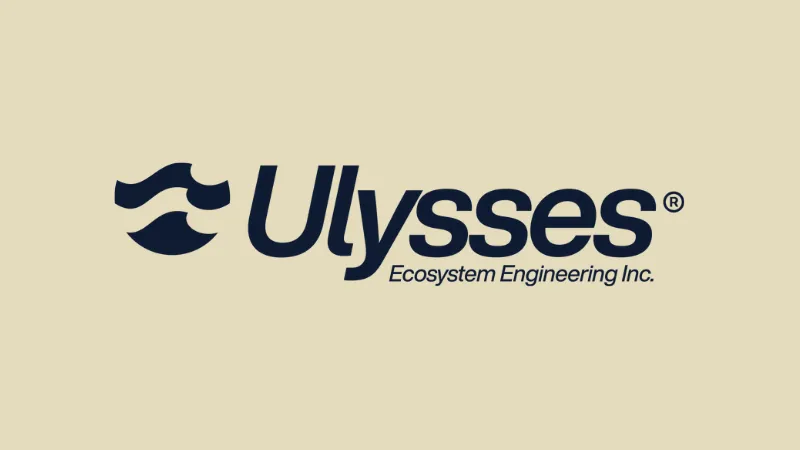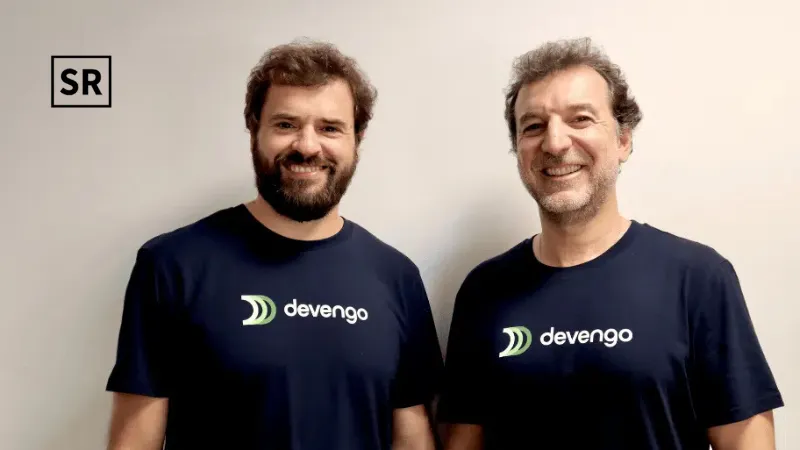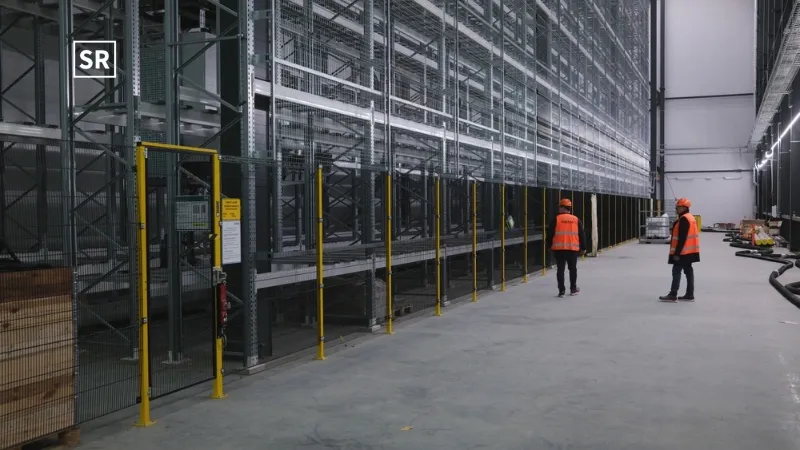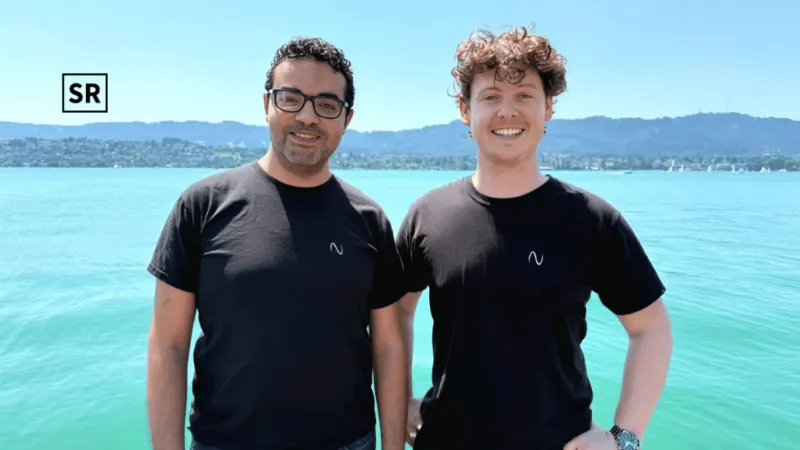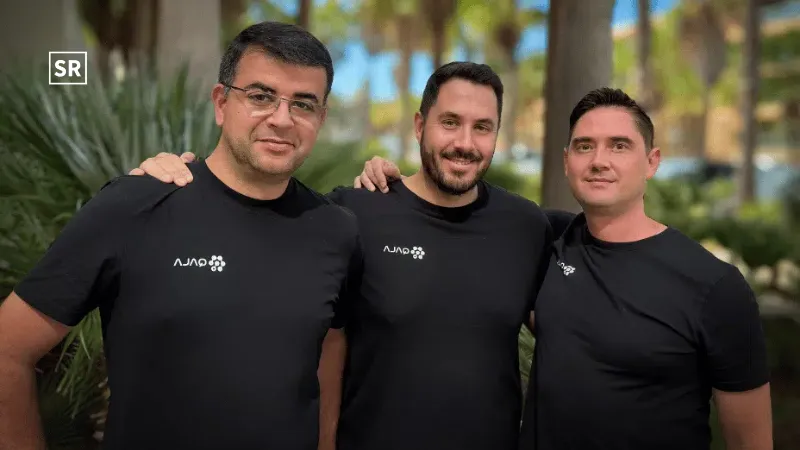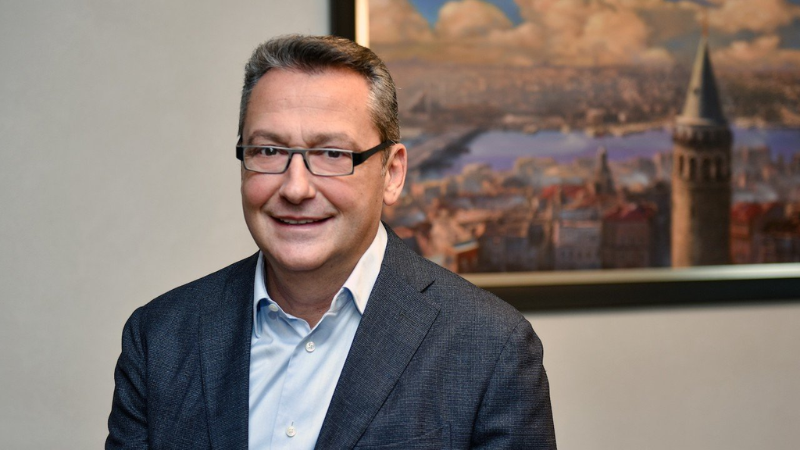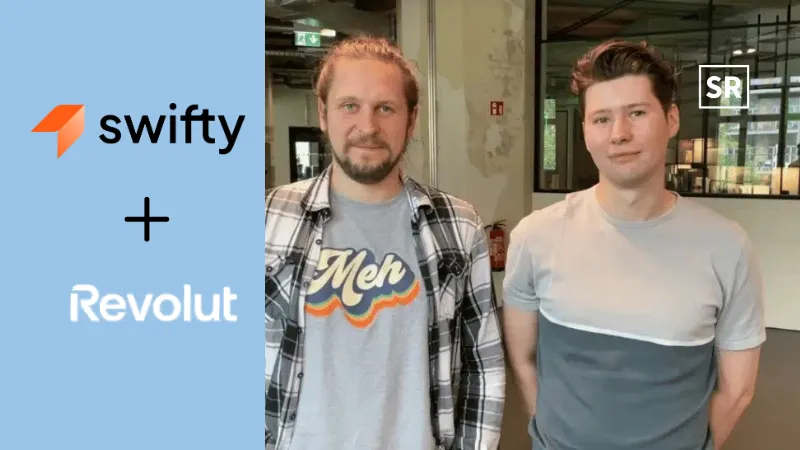Germany’s enaDyne Raises €7M Seed To Advance Non-Thermal Plasma Chemical Production
Sep 25, 2025 | By Kailee Rainse
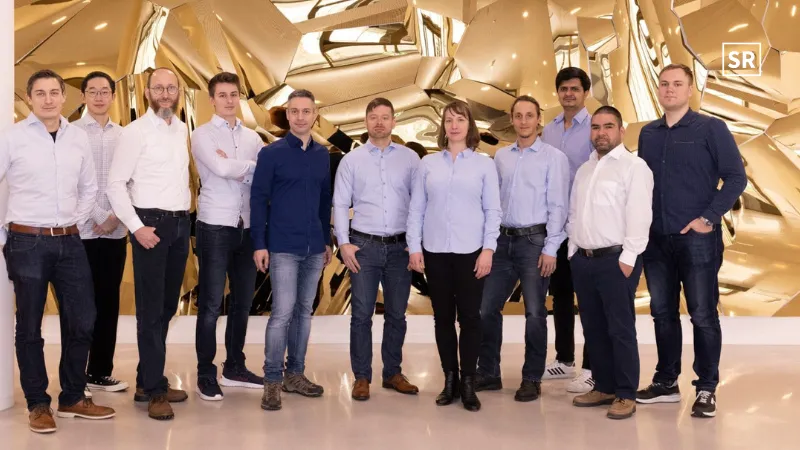
Leipzig-based startup enaDyne, focused on fully-electric, non-thermal plasma catalysis for sustainable chemical production, has raised €7 million in Seed funding.
SUMMARY
- Leipzig-based startup enaDyne, focused on fully-electric, non-thermal plasma catalysis for sustainable chemical production, has raised €7 million in Seed funding.
The round was co-led by Amadeus APEX Technology Fund (a joint venture between Amadeus Capital Partners and APEX Ventures) and Energy Capital Ventures, with participation from Antares Ventures, Possible Ventures, and returning angels Wolfram Drescher, Andreas Werne, and Sven Sieber.
“The chemical industry has been locked into fossil-dependent processes for over a century – we’re breaking that dependency with pure electricity and precision,” said Philipp Hahn, Co-founder and CEO of enaDyne.
He added: “Our plasma technology doesn’t just compete with traditional chemistry – it fundamentally reimagines it. We can switch our reactors on and off like a light switch, deploy them anywhere renewable energy exists, and serve both conventional syntheses and the valorization of waste CO₂, producing the exact chemicals our customers need. This funding gives us the resources to prove that sustainable chemistry isn’t just possible it’s inevitable and profitable.”
Founded in 2021 by Philipp Hahn, Christian Koch, Martin Drößiger, and Torsten Lorenz, enaDyne brings together expertise in plasma physics, catalysis, engineering, and materials science.
Read Also - Cambridge spin-out Trismik raises £2.2M to revolutionize AI evaluation
The company has created reactor technology that transforms CO₂ and other process gases into valuable chemicals like syngas, methanol, and ethylene. Its modular, containerized systems also reduce hard-to-treat emissions such as CF₄ and PFAS, providing a sustainable alternative to conventional chemical manufacturing.
enaDyne’s proprietary enaCeramics electrodes combined with plasma-active catalysts deliver high performance, achieving CO₂ conversion rates above 70% with competitive selectivity. Its modular design enables rapid deployment and scaling for industrial applications.
“What sets enaDyne apart is their precision approach – like using a scalpel instead of a hammer,” commented Wolfgang Neubert, General Partner at APEX Ventures. “Its non thermal plasma catalysis represents a fundamental breakthrough in how we approach chemical manufacturing. As winners of Germany’s prestigious SPRIND Carbon-to-Value Challenge, they’ve proven this technology can profitably turn industrial waste into valuable chemicals while operating at a fraction of traditional energy requirements. This is the kind of paradigm shift the chemical industry desperately needs.”
The new funding will support the construction and deployment of a 20-foot modular pilot plant at an industrial site by mid-2026, the development of enaDyne’s first commercial plasma-based PFAS abatement product and the establishment of a scalable production value chain. This comes as the chemical industry faces growing pressure to decarbonize.
EnaDyne notes that the global chemical sector produces over 2 gigatons of greenhouse gases annually around 5% of global CO₂ emissions while using 14% of global oil and 8% of gas as feedstock and fuel.
Although more than 70% of the world’s top 100 chemical producers have pledged carbon neutrality by 2050, the sector has lagged broader markets since 2022, with operating margins hitting their lowest point since the Great Recession.
These trends highlight the urgent need for innovative solutions. EnaDyne’s plasma-based technology enables sustainable chemical production at or below fossil-based costs while significantly cutting emissions and reducing persistent pollutants.
For example, CF₄ is a potent greenhouse gas with 7,390 times the warming potential of CO₂, remaining in the atmosphere for over 50,000 years. PFAS, or “forever chemicals,” resist natural degradation and accumulate in the environment and human body. Both are hard to treat with conventional methods, presenting a high-value market opportunity as regulatory pressure increases.
“What excites us about enaDyne is that they are building a truly scalable platform technology for sustainable chemistry, while at the same time unlocking an immediate business case,” said Stefano Galiasso, Vice President at Energy Capital Ventures. “The ability to rapidly eliminate ultra-stable PFAS emissions not only creates early commercial traction, but also proves the versatility of the underlying plasma catalysis approach. This rare combination of near-term impact and long-term industry transformation is exactly what we are looking for in Green Molecules at Energy Capital Ventures.”
Today, enaDyne’s 30-strong team, representing 14 nationalities, aims to grow to around 35 employees while expanding its IP portfolio, running certification programs and strengthening strategic partnerships. The company’s long-term vision is to become the global platform for non-thermal plasma-based chemical synthesis, deploying tens of thousands of containerized units by 2050.
The Seed round positions enaDyne competitively within Europe’s 2025 cohort of sustainable chemistry innovators. The funding aligns with its technical goals modular pilot deployment and PFAS abatement and signals strong investor confidence in platform technologies that enable large-scale decarbonization and circular chemical solutions.
About enaDyne
enaDyne develops innovative plasma-based technologies that convert CO₂ into sustainable chemicals and e-fuels while effectively filtering emissions. Their solutions stand out for high efficiency, scalability and low maintenance supporting a profitable energy transition and enabling industries to produce greener products with reduced environmental impact.


 Follow us
Follow us Follow us
Follow us